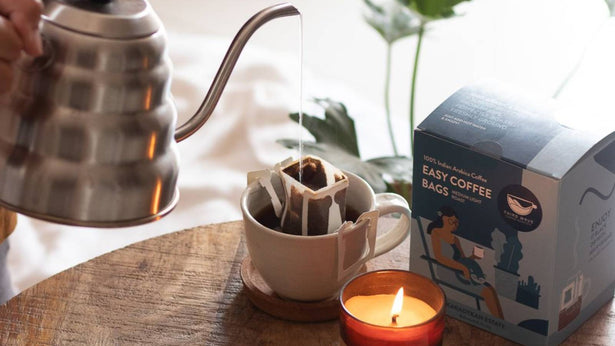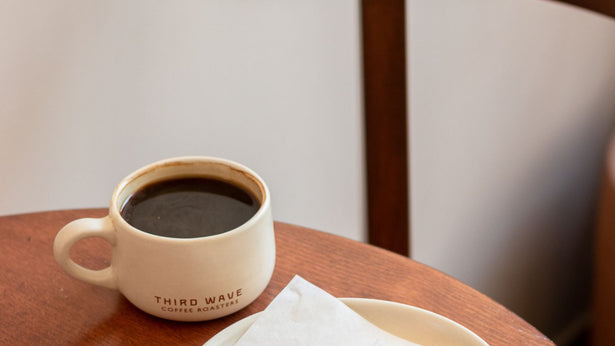Specialty coffee is a term used to refer to coffee that has scored over 80 points on a 100 point scale by the SCAA (Speciality Coffee Association of America). Specialty coffees are markedly different from regular coffees in the sense that they are grown at higher elevations, are traceable and processed carefully once harvested. Every step from growing to brewing is monitored and understood to improve the quality every day.
Coffee growing countries are now focusing on improving their quality at the farm level in an effort to improve their cup scorings. Countries like Kenya, Ethiopia and Colombia are considered the Mecca for specialty coffee, but there are also smaller countries like India and Japan who are avidly picking up on the trend. Chikamagalur, in Karnataka, is home to some of the best arabicas in India.
The term was first used in 1974- in the Tea & Coffee Trade Journal- to describe beans of the highest quality, that are produced in special microclimates. These beans are grown at the perfect altitude, at the right time of the year, in good soil and harvested with care. Because of the attention and care that they require, specialty coffees are sold at a premium and bought by roasters or coffee traders directly. Specialty coffees should not be confused with the term ‘gourmet coffee’ as there are no standards that gourmet coffee has to adhere to. To qualify as a specialty coffee, the beans have to be graded by certified coffee tasters - Q graders.
Specialty Coffee- The Q Grade Score Sheet
|
Score |
Grade |
Speciality Yes/No |
|
90-100 |
Outstanding |
Yes |
|
85- 89.99 |
Excellent |
Yes |
|
80- 84.99 |
Very Good |
Yes |
|
Below 80 |
No Grading |
No |
Green Coffee Grading
Green coffee is graded on the basis of visual inspection and cupping after being roasted. Visual inspection involves taking a 350g sample of green coffee beans and counting defective beans; defects can be Primary (e.g. black beans, sour beans) or Secondary (e.g. broken beans). Coffee qualifies as ‘speciality’ when it has zero Primary defects and less than five Secondary defects. Cupping is a process that involves roasting the coffee and simply brewing it by adding hot water to the ground beans; specific scores for each of the attributes such as acidity, body, flavour and aroma- are assigned by certified Q graders.
The SCAA also maintains that specialty coffee goes beyond the quality of the beans; the processing, brewing and roasting process is equally important to have a great coffee experience. There are now SCAA standards of certifications for various processes involved in making your cup delicious. Ric Rhinehart, executive director of the SCAA, maintains that “The final experience is dependent on no single actor in the chain dropping the baton…. [We must] create a definition for specialty at each stage of the game.”



